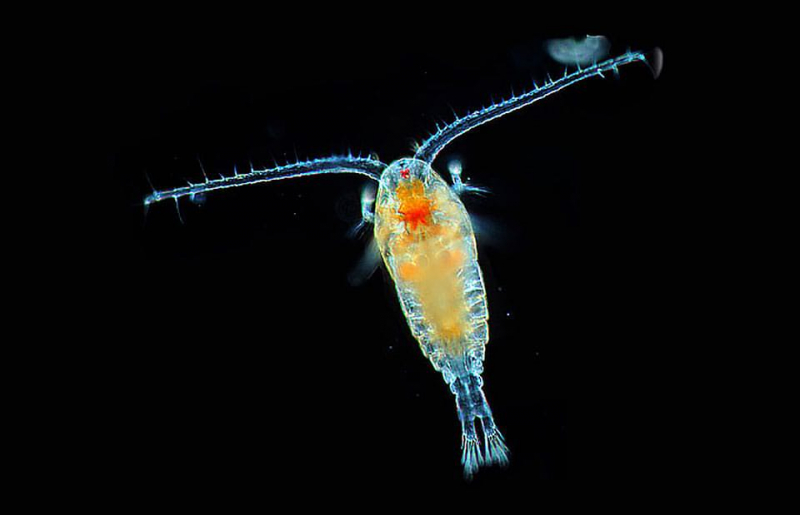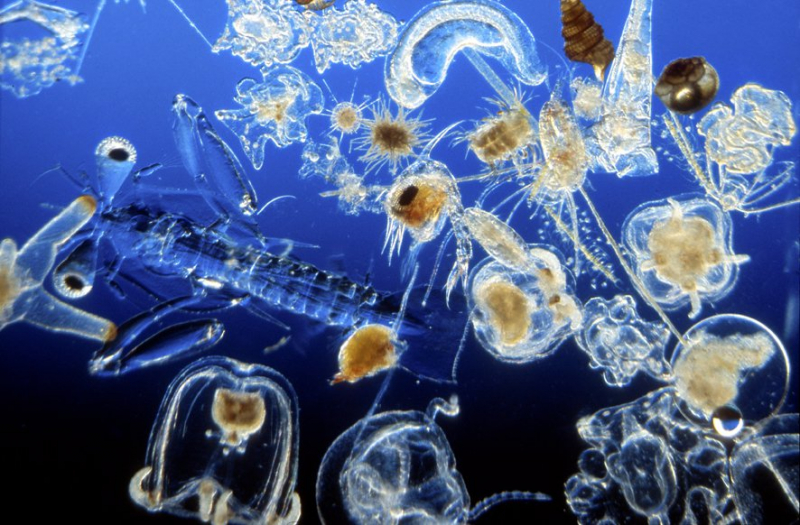The Paradox of the Plankton
The competitive exclusion principle, often known as Gause's Law in ecology, argues that two species vying for the same restricted resources cannot live stably. In the long run, one of the species will always have a slight edge, allowing it to dominate the other species and potentially drive it to extinction. Scientists have seen this often, however one category of species appears to be exempt from the rule: plankton.
The so-called plankton paradox has been around since 1961, when it was originally documented by British ecologist G. Evelyn Hutchinson, who discovered that most plankton ecosystems always have a diverse variety. He notably mentioned phytoplankton, which is made up of microalgae, noting that most lakes have between 10 and 100 different forms of phytoplankton at any given time.
Of course, human understanding of ecosystems has advanced since Hutchinson's time. There are various plausible causes for this paradox, including long-term environmental imbalances in the lakes, the predominance of carnivores that consume phytoplankton, and the unpredictability caused when species struggle for additional resources. There are various alternatives, but everyone is still looking for a conclusive solution to the contradiction.












